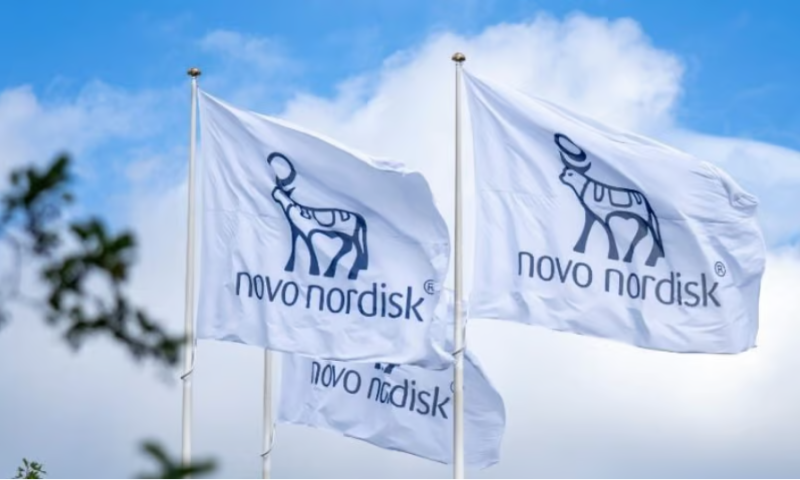In another sign that Boston continues to wear the U.S. biotech crown, Novo Nordisk will expand its R&D presence in the area at the expense of its Indianapolis and Seattle facilities.
The Danish drugmaker will bring 200 jobs to the greater Boston metro area, building on the company’s existing presence in Lexington, Cambridge and Watertown, Massachusetts to house the majority of the Big Pharma’s U.S.-based R&D activities.
More than 150 of the new employees will be lab-based and clinical development personnel in Lexington and Watertown. The staff will be focused on data science, biology or chemistry research as well as ribonucleic acid interference (RNAi) research and clinical development, the company explained in a Thursday morning release.
“The Boston area is the leading center of biopharmaceutical innovation in the U.S.,” Chief Scientific Officer Marcus Schindler, Ph.D., said in the release. “With today’s announcement, we are committing to further expansion and to having a major life sciences presence in the Boston area, to support pipeline expansion into new modalities, with the ultimate goal of delivering new innovative medicines to people living with chronic diseases.”
Consolidating the company’s R&D in greater Boston means that about 20 employees at the Big Pharma’s Seattle labs and around 80 staff at the Indianapolis R&D facility will be laid off. These employees will be given the chance to “pursue open positions at other locations,” the company added.
While the Indianapolis site will be closed completely, the Seattle site will be retained but only focused on digital therapy, data science and AI, the company said. A stem-cell-focused manufacturing site in Fremont, California, will carry on as usual.
Boston retained its position as the U.S.’s No. 1 biotech hub in 2022, with more than 9 million square feet of new lab space under construction and 4.6 million due to be converted, according to CBRE Research last year. That will add to an existing inventory of 47.2 million sq. ft.
Novo Nordisk made its ambitions in greater Boston clear last year when it began the process of converting a 100,000 sq. ft. space next to its existing Lexington facilities. The building is designed to house RNAi research and development and oral formulation units.
The company hasn’t only been signing construction contracts in the U.S. The Big Pharma announced in November the expansion of an existing manufacturing site in its hometown of Bagsværd, Denmark, to ensure capacity to produce active pharmaceutical ingredients for its global clinical trials.

